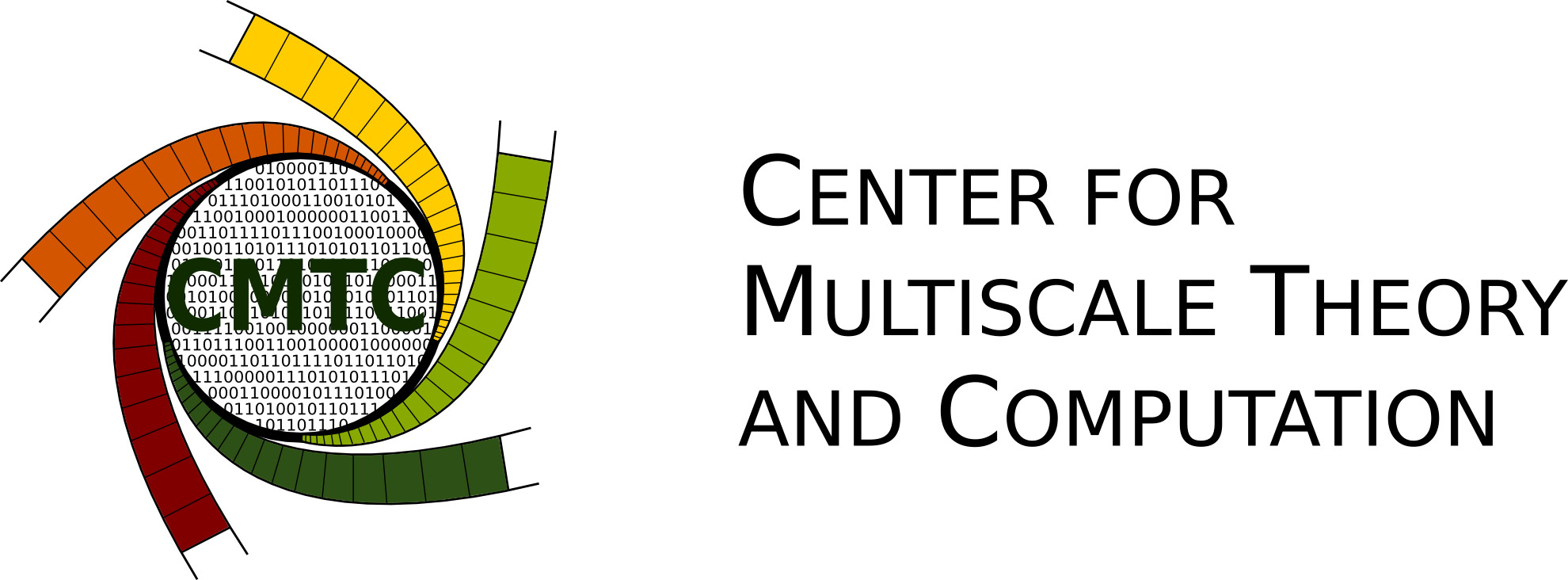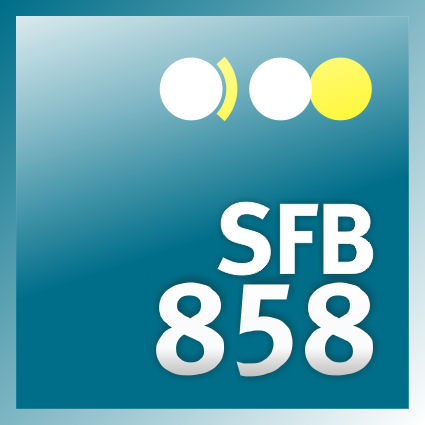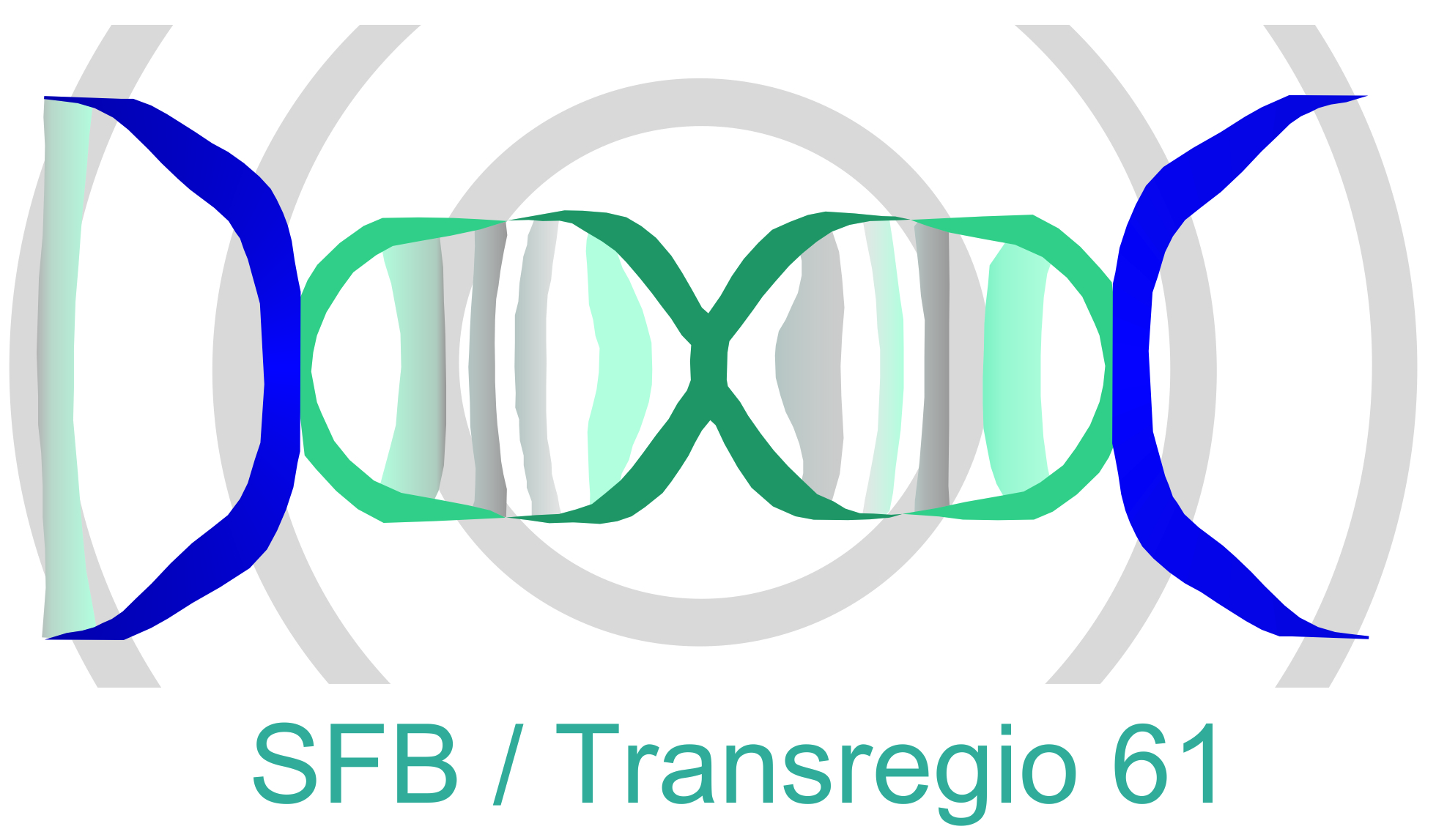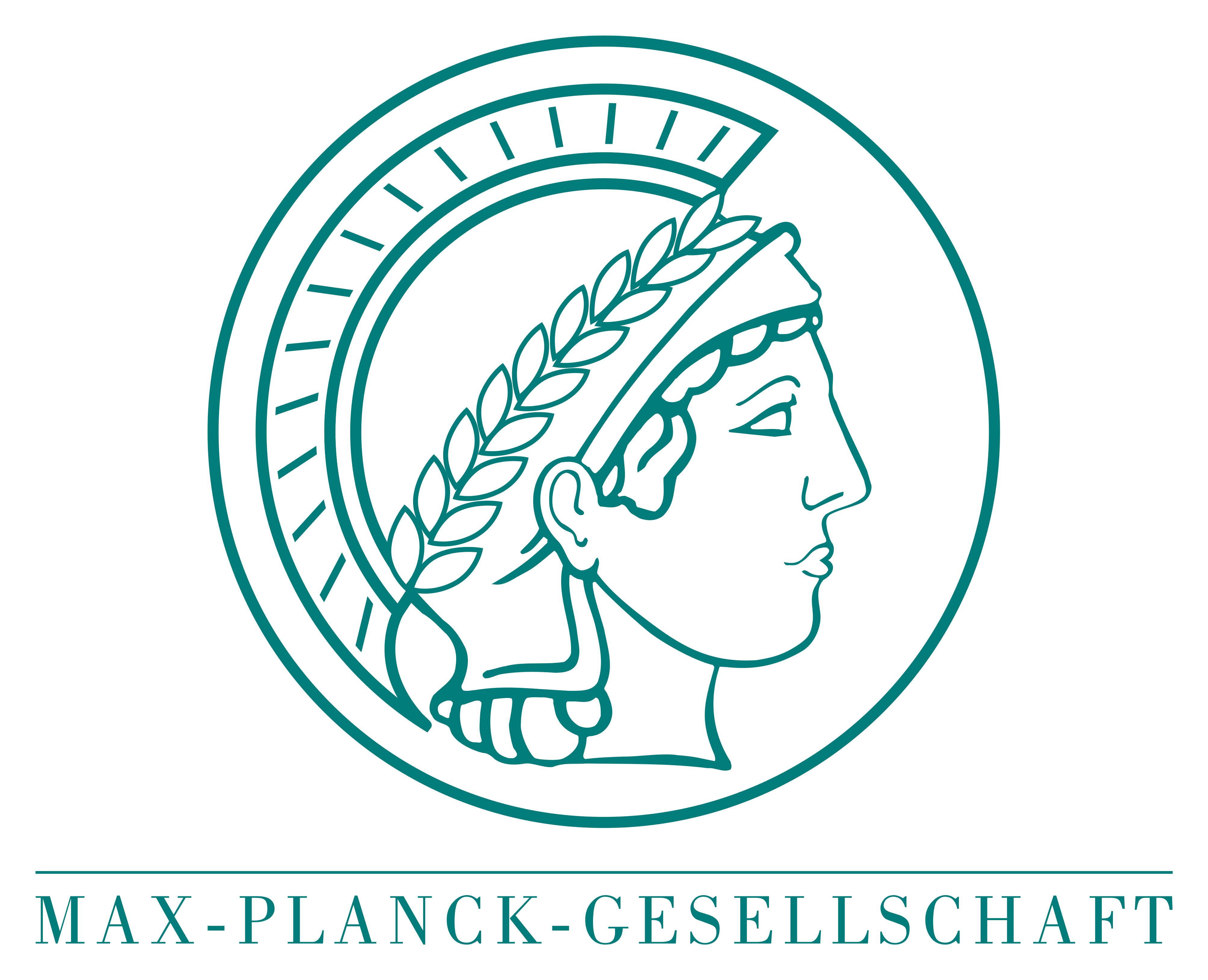March 9-11, 2015 Münster, Germany
Aims The CMTC organizing committee welcomes you to join us at the 2015 Free Energy Workshop in Münster.
This aim of the workshop is to cover state-of-the-art methodologies to compute free energies and their application to systems that span different time and length scales across diverse disciplines. Most importantly, the workshop will facilitate interactions between scientific leaders and early career researchers to help inspire the development of the next generation of novel methodologies to compute free energy.
Scope
In computational biology, the key goal is to circumvent the intrinsically slow dynamics due to the ruggedness of the free energy landscapes. Examples deal with the thermodynamic characterization of the different states of complex biomolecules or the description of the binding of different biomolecules. Often this analysis is performed with classical force fields, either on the atomistic or the coarse grain level.
In computational chemistry, a more accurate, quantum mechanical, description of intra- and intermolecular interactions is required, in particular when chemical bonds are either formed or broken. Fully quantum-mechanical and hybrid QM/MM approaches usually suffer from severe sampling limitations due to their high computational cost. An important topic for this conference will be developing enhanced sampling techniques for this type of multi-scale simulation.
In computational physics, free energy methods are, for instance, applied to characterize the phase behavior of complex condensed matter systems. Considerable efforts are being made in the field to devise computational methods to simulate temperature or pressure induced phase transitions in crystalline systems.
Free energy methods are also increasingly employed in other multi-disciplinary areas such as nanotechnology, materials science and computer-aided drug design, which all have significant economic and social impact within the European community.
Nikos Doltsinis (WWU Münster)
Andreas Heuer (WWU Münster)
Vassilis Tatsis (WWU Münster)
Mark Waller (WWU Münster)




